利用大型语言模型实现负责任创新的蓝图
由大型语言模型 (LLM) 提供支持的生成式人工智能 (GenAI) 为各个领域提供了变革可能性,包括医疗保健、教育、酒店、金融和银行业、新闻业、创意产业、客户服务、零售等。
然而,在一个日益由人工智能驱动的世界里,负责任地采用和应用大型语言模型 (LLM) 从未如此重要。本文深入探讨了我们如何将 LLM 融入我们的社会经济结构,同时应对道德使用人工智能的复杂性。
目录
了解大型语言模型 (LLM) 的功能和影响
LLM 代表了人工智能的重大飞跃。由于 LLM 可以生成新的、通常富有创意的内容,因此它们与传统 AI 的范围不同,主要围绕分析和解释现有数据。这种创新能力超越了单纯的数据处理,进入了模拟人类创造力和理解力的领域。
LLM 最具突破性的方面之一是其能够以前所未有的规模处理和理解自然语言。它们能够以与人类写作非常相似的方式阅读、理解和生成文本。这包括创建连贯且上下文相关的文章、生成创意故事、撰写电子邮件以及进行详细对话。语言理解和生成的这种复杂程度使 LLM 有别于早期形式的 AI。
LLM 的实际应用
法学硕士 (LLM) 的潜在应用范围广泛且多种多样。
医疗保健:法学硕士可以分析患者数据、医学研究和临床试验,帮助个性化治疗并提高诊断准确性。医疗保健行业还可以将 GenAI 用于药物发现和开发,从而有可能加快将新疗法推向市场的过程。
教育:这些技术可以提供个性化的学习体验,创建教育内容,并协助评分和反馈。它们还可以帮助语言学习,为学生提供交互式和自适应工具。
金融和银行业:法学硕士和 GenAI 可以通过先进的聊天机器人增强客户服务、检测欺诈并改善风险管理。它们还可以用于算法交易和财务分析。
零售:从个性化购物体验到库存管理和预测分析,GenAI 可以彻底改变零售商与客户互动和管理供应链的方式。
创意产业:在广告、营销和娱乐等领域,GenAI 可以在编写剧本、创作数字艺术品或创作音乐时协助人类发挥创造力。
客户服务:由 LLM 提供支持的聊天机器人可以处理各种客户查询并提供快速准确的响应,从而提高客户体验和运营效率。
新闻业:这些技术可以增强新闻文章、报告和摘要的自动内容生成。
尽管有这些好处,但法学硕士的能力也带来了道德和实践挑战,特别是在公平、问责和透明度方面。准确性和道德考量需要人工监督。
人工智能的全球视角:强调安全性、保障性和信任
全球范围内,人工智能监管格局正在迅速演变,欧盟和美国取得了重大进展。欧盟的《人工智能法案》和拜登总统的《安全、可靠和可信赖的人工智能行政命令》是指导负责任地开发和使用人工智能技术的两项重要立法努力。
这两项举措对于塑造标准化人工智能框架、应对独特挑战以及制定可能影响全球人工智能政策的标准至关重要。
欧盟人工智能法案
《人工智能法案》是一个全面的法律框架,旨在减轻人工智能的使用可能严重影响基本权利的领域的风险,例如医疗保健、教育和公共服务。
高风险人工智能的监管:该法案将特定的人工智能应用归类为“高风险”,并要求严格的合规规则,包括风险缓解、高质量数据集、加强文档和人工监督。
透明度和道德标准:它制定具有法律约束力的规则,要求科技公司对深度伪造进行标记,确保人工智能生成内容的可检测性,并在用户与人工智能系统交互时通知用户。
Governance and enforcement: The European AI Office sets a precedent for enforcing binding AI rules and positions the EU as a leader in global AI regulation.
Impact and penalties: Noncompliance with the AI Act can result in substantial fines, emphasizing the seriousness of adhering to these new regulations.
President Biden's AI executive order in the United States
The Executive Order on Safe, Secure, and Trustworthy Artificial Intelligence represents a significant step in the U.S. approach to AI regulation. It focuses on establishing safe, secure, and trustworthy AI systems.
Framework for development: The order outlines a vision for AI development that balances innovation with ethical considerations, emphasizing the need for AI systems to be reliable and aligned with the public interest.
Emphasis on safety and trust: The directive highlights the importance of AI systems protecting against vulnerabilities and misuse to ensure public well-being.
Influence on the tech industry: The order fosters a dialogue about aligning AI with societal values, setting a model for responsible innovation and encouraging tech industries to adopt ethical AI practices.
Global implications: While not as regulatory as the EU's AI Act, the order influences AI development and ethics in the U.S. and could indirectly impact global AI practices.
How EU and U.S. directives impact global AI governance
The EU's AI Act and President Biden's executive order are critical in their respective regions and have broader implications for the global AI landscape. The EU's approach, with its detailed regulatory framework and enforcement mechanisms, contrasts with the U.S.'s more principle-based directive focusing on ethical development and trust.
Together, they signify a growing international commitment to ensuring that AI technologies are developed and used in a manner that respects human rights, safeguards public interests, and fosters innovation within ethical boundaries.
Challenges of ethical LLM adoption
Navigating the path towards ethical adoption of LLMs presents various challenges such as technological unpredictability, ethical complexities, and broad economic implications. These challenges require careful consideration and strategic planning to ensure the benefits of LLMs outweigh their risks.
Technological unpredictability
One of the primary challenges in adopting LLMs is their rapid and often unpredictable evolution. As these models grow more sophisticated, staying ahead of the curve becomes increasingly challenging. This unpredictability necessitates a flexible and dynamic approach to developing and governing LLMs to ensure they remain beneficial and relevant as they evolve.
Ethical complexities
The ethical implications of LLMs are vast and multifaceted. Issues such as data privacy, consent, and the potential for bias in AI-generated content are at the forefront of ethical considerations. Ensuring that LLMs are developed and used in a manner that respects individual rights and societal values is a significant challenge. This involves rigorous scrutiny of the data used for training these models, the contexts in which they are applied, and the potential consequences of their outputs.
Economic implications
LLMs also have far-reaching economic implications, particularly regarding their impact on the labor market and industry practices. While they have the potential to drive innovation and efficiency, there is also a risk of job displacement and skill redundancy. Developing strategies to manage these economic impacts, such as workforce retraining and creating new job roles that complement AI technologies, is crucial for ensuring that the benefits of LLMs are equitably distributed.
Navigating legal and regulatory frameworks
Another challenge is the need for appropriate legal and regulatory frameworks to govern the use of LLMs. These frameworks must balance promoting innovation with protecting the public interest and address issues like intellectual property rights, liability for AI-generated content, and ensuring compliance with international standards and norms.
Public perception and trust
Building and maintaining public trust in LLMs involves transparent communication about the capabilities and limitations of these models and engaging the public in discussions about the role of AI in society. Addressing public concerns and misconceptions about AI is key to fostering a positive and informed perception of LLM technologies.
Key principles for ethical adoption of LLMs
LLMs should contribute positively to society and promote societal and environmental well-being. However, the challenges of AI require stakeholders to collaborate, share insights, and develop best practices.
A few fundamental principles collectively guide the ethical adoption and application of LLMs.
Transparency and explainability: Create clear documentation and communication of LLM processes to build trust and facilitate informed decision-making.
Accountability: Distribute responsibility within legislative and corporate frameworks.
Adaptive and agile governance: Develop adaptive and agile governance to keep pace with the rapid evolution of AI technology.
Privacy protection: Create stringent safeguards to maintain user trust, ensure legal compliance, and protect the privacy of personal data used by LLMs.
Fairness and equity: Develop bias-free models, regular bias audits, and diverse development teams to ensure a wide range of perspectives.
Safety and security: Create safety and security measures to protect LLMs from unintended failures and malicious attacks.
包容性公众参与:强调公众参与法学硕士政策制定,以确保考虑到不同的观点和需求。
有关道德法学硕士 (LLM) 实施的全面建议
我对采用道德法学硕士的建议是多方面的,涉及法律、道德和实践层面。
建立明确的法律标准
促进道德发展实践
保障隐私和数据安全
解决人工智能对就业的影响
确保公平和非歧视
鼓励公众参与
持续监测和评估法学硕士的效果
专注于制定应对这些挑战的整体战略。这需要技术人员、政策制定者、行业领袖和公众之间的共同努力,以创建一个支持法学硕士合乎道德、可持续和有益使用的生态系统。持续学习、适应和创新也是必要的,以驾驭人工智能不断发展的格局并负责任地充分利用其潜力。
想要了解更多有关法学硕士 (LLM) 人工智能伦理的知识吗?
这些原则和建议提供了一个全面的框架,以确保人工智能在重塑我们的世界时,能够维护人类尊严、促进公平、维护我们社会建立的基本价值观。
请查看我的课程“确保在数据项目中合乎道德地使用 LLM ”,以了解在数据项目中合乎道德地使用 LLM 的复杂性。您将深入了解如何识别和减轻偏见、建立负责任的 AI 实践以及加强利益相关者的沟通。
免责声明:本内容来源于第三方作者授权、网友推荐或互联网整理,旨在为广大用户提供学习与参考之用。所有文本和图片版权归原创网站或作者本人所有,其观点并不代表本站立场。如有任何版权侵犯或转载不当之情况,请与我们取得联系,我们将尽快进行相关处理与修改。感谢您的理解与支持!







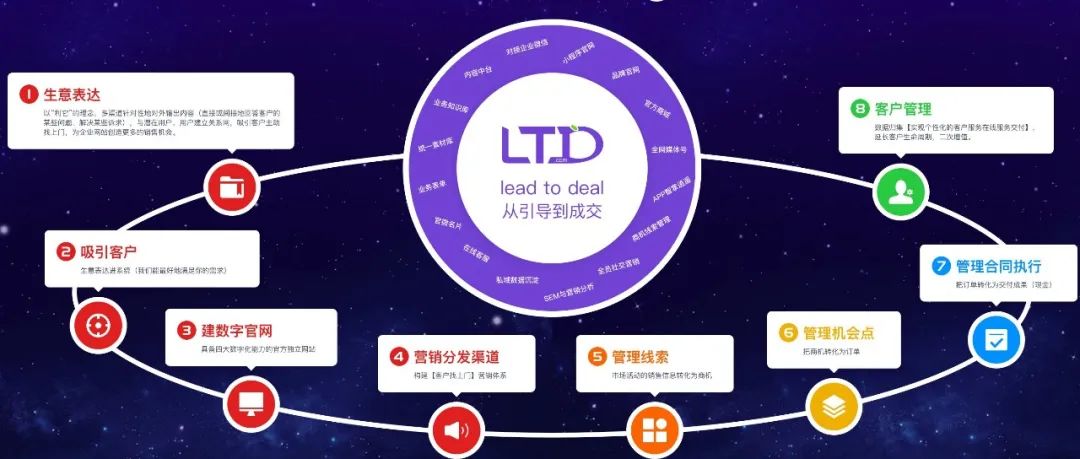

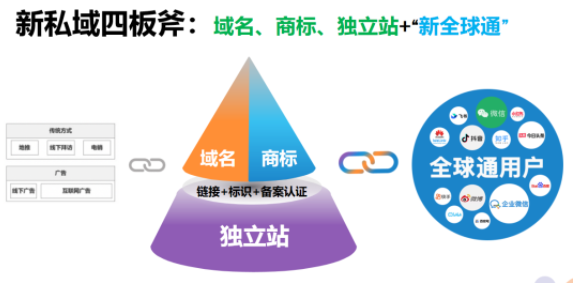







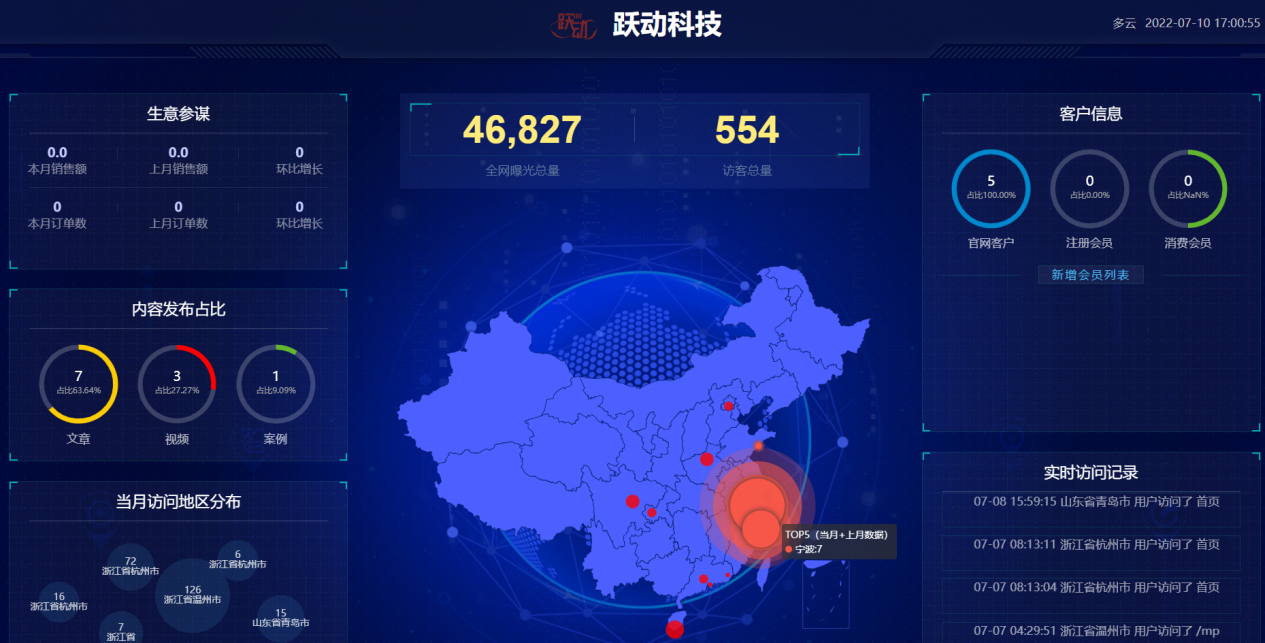

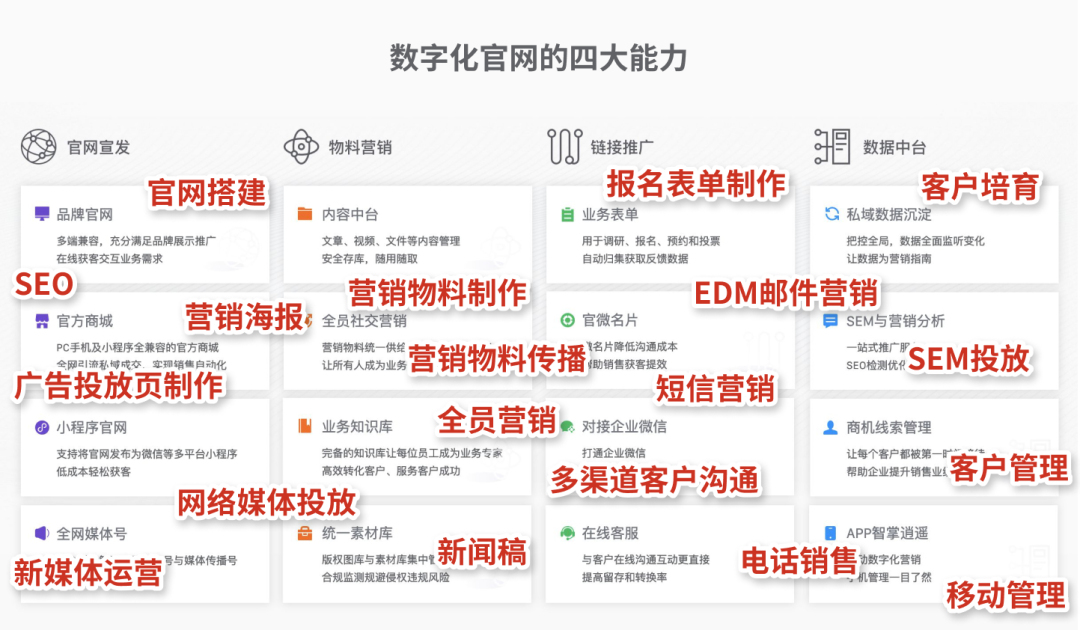
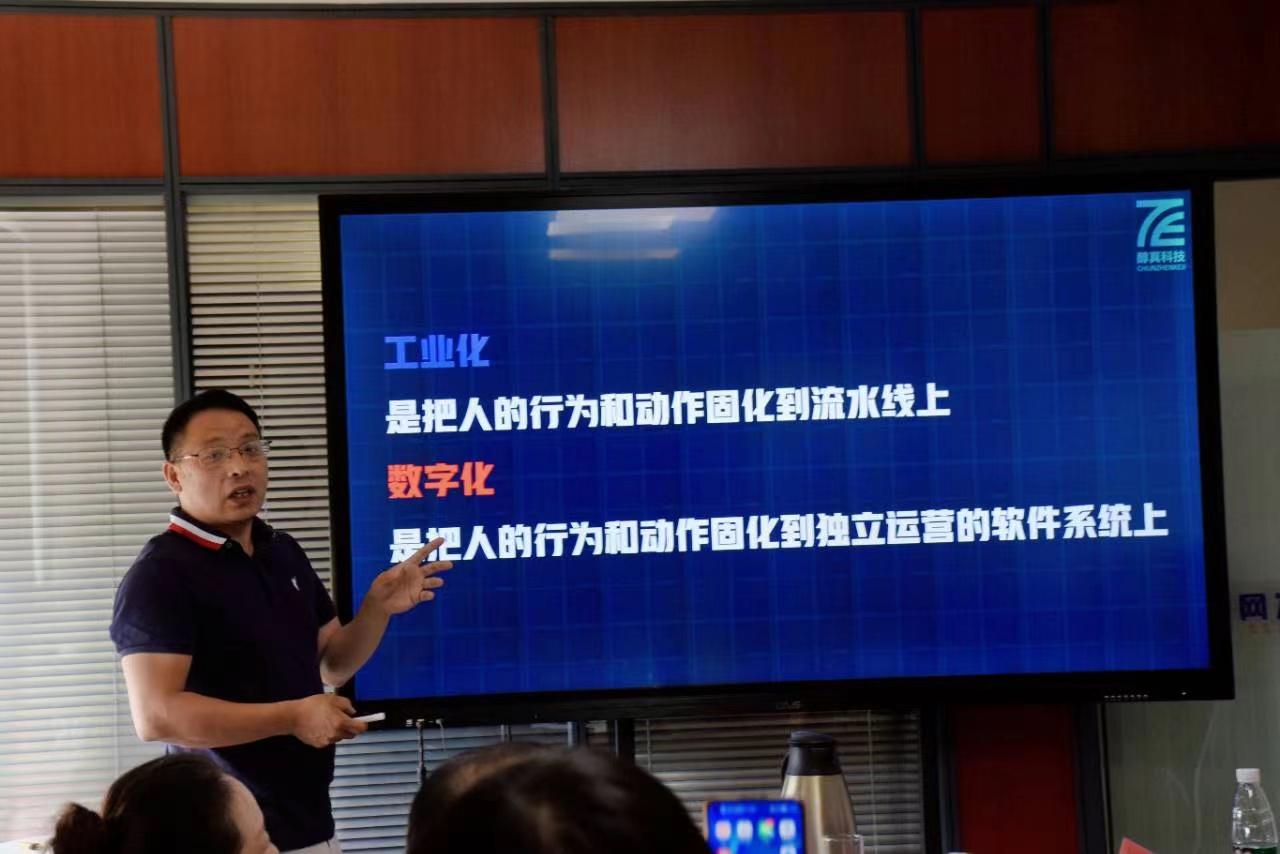

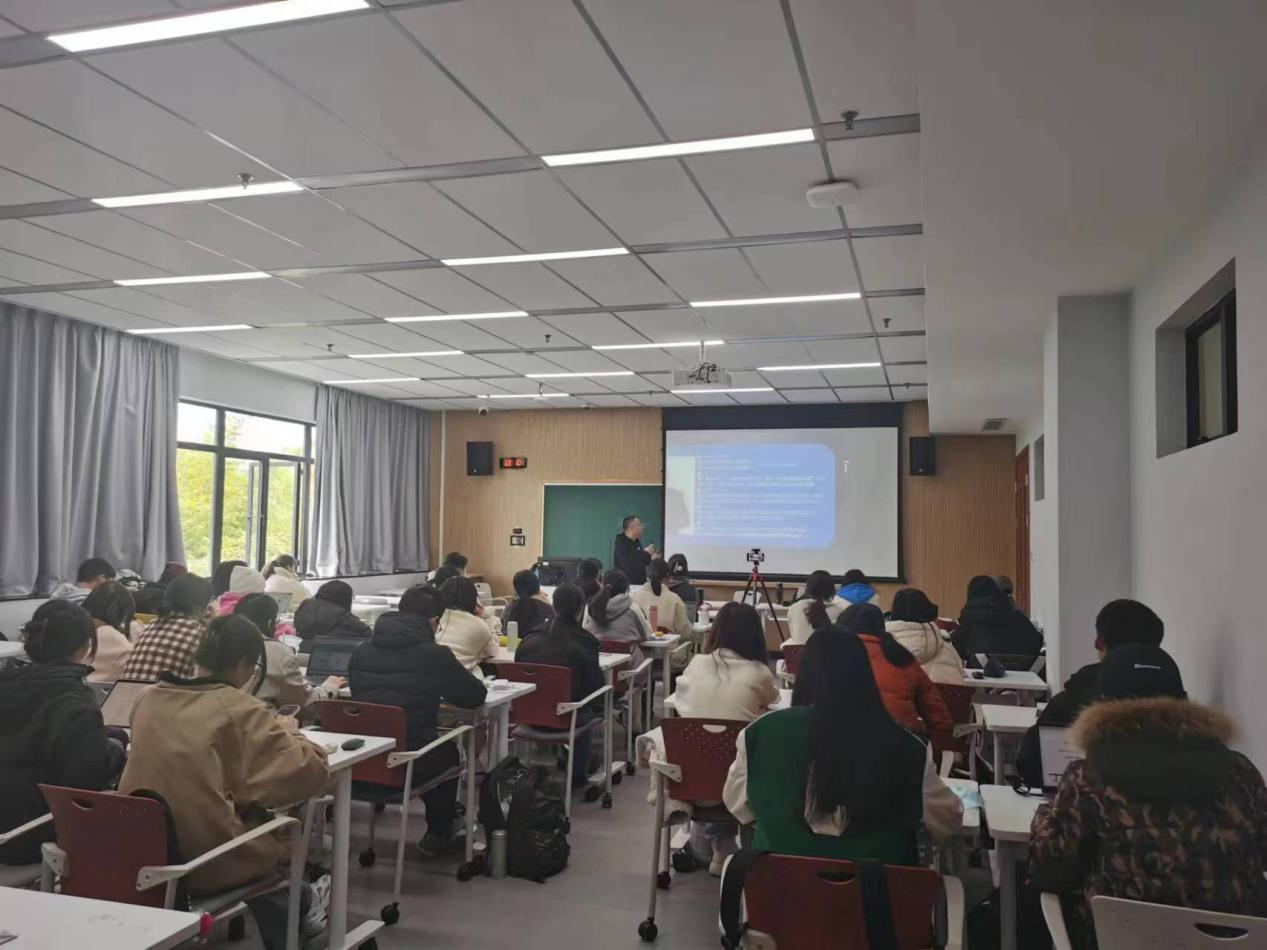


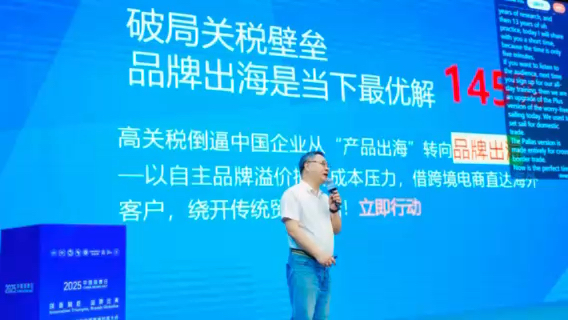









请先 登录后发表评论 ~